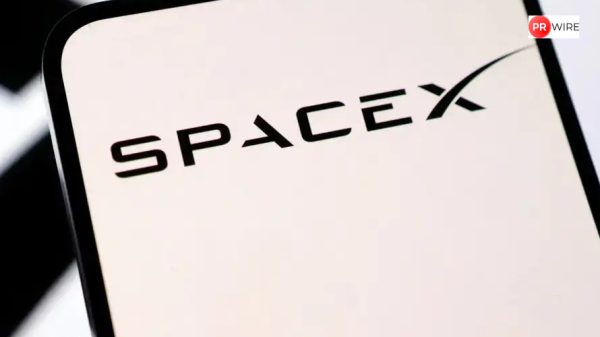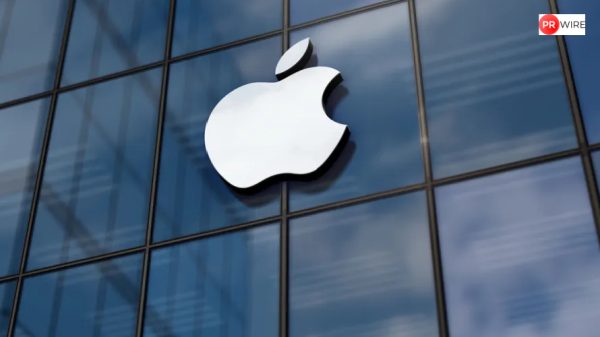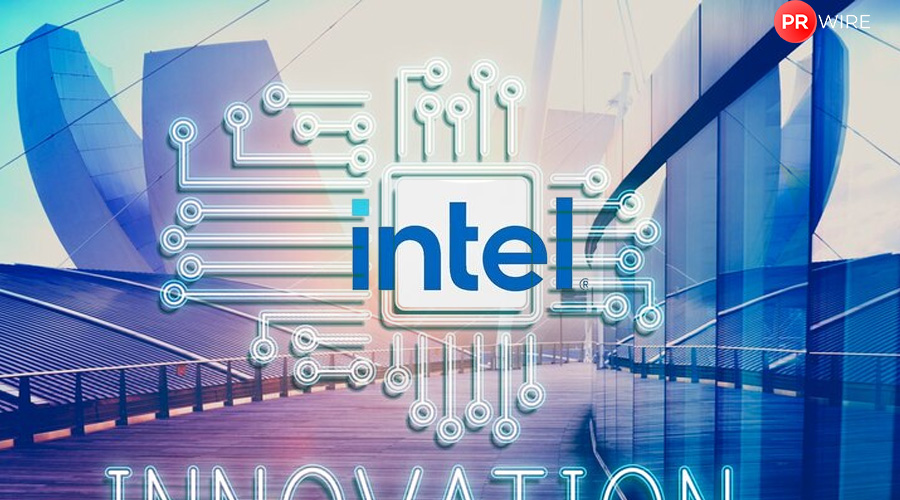US multinational corporation Intel has decided to put a pause on the expansion plans for a chip plant in Israel that would have amounted to an additional $15 billion dollars investment, Israeli financial news website Calcalist reported on Monday.
The company did not provide any specific reason for the decision amid rising speculations about whether it was linked to the ongoing war in Gaza.
“Israel continues to be one of our key global manufacturing and R&D sites and we remain fully committed to the region,” the company said in a statement.
In December, the tech giant announced that it would up its investment in the chip manufacturing plant, which is located in Kiryat Gat in southern Israel. The plant is currently under construction and an additional $15 billion dollar investment would have meant increasing the final cost to $25 billion.
This would have resulted in Intel securing a $3.2 billion grant from the Israeli government. The facility is expected to get operational by 2028.
As the deal was locked, Israeli Finance Minister Betzalel Smotrich had lauded the investment, noting that it had come at a time when the country was “facing a war”.
“Such an investment is an expression of confidence in the State of Israel and the Israeli economy,” Smotrich was quoted as saying by the media.
US companies face boycott calls amid Gaza war
The conflict between Israel and Hamas in Gaza, which began on October 7, has drawn widespread international attention and criticism. Israel’s ground operation in Gaza since the war has resulted in the death of 37,202 Palestinians and over 80,000 injuries.
Critics have accused Israel of committing genocide against Palestinians, prompting peace activities to launch boycott campaigns against US companies, that carry out their businesses in the West Asian nation or publicly support the Israeli military.
The US, the closest ally of Israel, has been supporting its offensive by providing aid and weapons, escalating the boycott calls against these companies, to create pressure on the US economy.
The article originally appeared on Business Standard.




























